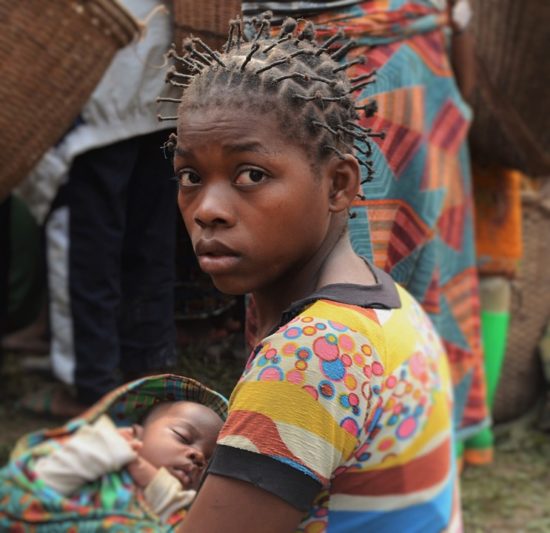Sustaining Action Against Antimicrobial Resistance : A Case Series of Country Experiences
Antimicrobial resistance (AMR) occurs when microbes, bacteria, viruses, fungi, and parasites, evolve in ways that reduce medicine’s ability to fight them. AMR has made many infections, particularly bacterial infections, increasingly difficult or even impossible to treat. Without effective medicines, the number of people with severe microbial infections will increase, as will the number of people who die from these infections. In 2019, 4.95 million deaths were associated with AMR, with the highest AMR-attributable death rates occurring in western sub-Saharan Africa.8 While AMR is a natural evolutionary process that occurs over time, many human-led behaviors have increased its occurrence. The main drivers of AMR include: (1) the misuse and overuse of antimicrobials; (2) lack of access to clean water and adequate sanitation for people and animals; (3) poor infection prevention and control measures in healthcare facilities and farms; (4) limited access to quality, affordable medicines, vaccines, and diagnostics; and (5) lack of awareness and knowledge about AMR. Additionally, for countries to progress from planning to acting, AMR coordination committees must have a clearly defined role and the remit to develop and implement an operational plan. Operational plans should embed NAP activities into the national development agenda, sectoral strategies, and budgets, and should coordinate an aligned approach to delivering NAP activities across sectors and stakeholders. Creating and empowering AMR coordination committees and comprehensively implementing and monitoring the prioritized activities outlined in their NAPs operational plan takes time; but there are several relatively easy entry points for AMR action that countries can utilize to accelerate their fight against AMR. The remaining case studies in this series showcase successful actions against AMR that three countries, Burkina Faso, Jordan, and Malawi, have taken along their journey to fully operationalizing and implementing their NAPs on AMR.
AMR NEWS
Your Biweekly Source for Global AMR Insights!
Stay informed with the essential newsletter that brings together all the latest One Health news on antimicrobial resistance. Delivered straight to your inbox every two weeks, AMR NEWS provides a curated selection of international insights, key publications, and the latest updates in the fight against AMR.
Don’t miss out on staying ahead in the global AMR movement—subscribe now!







